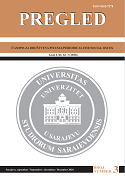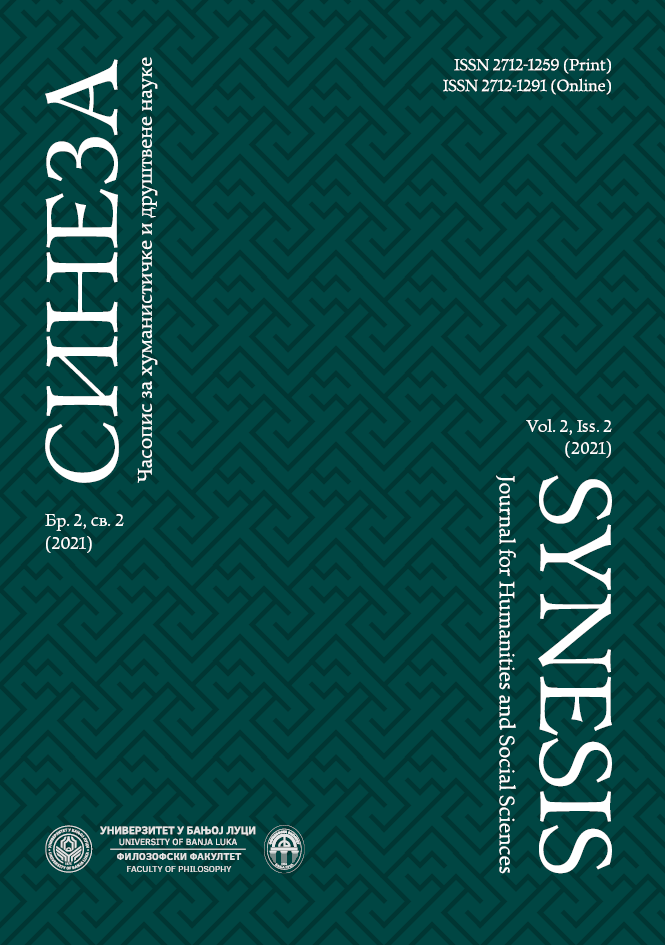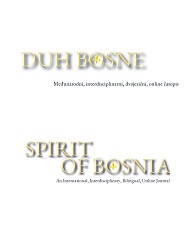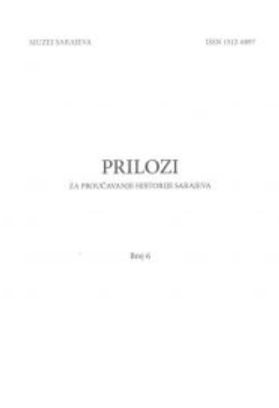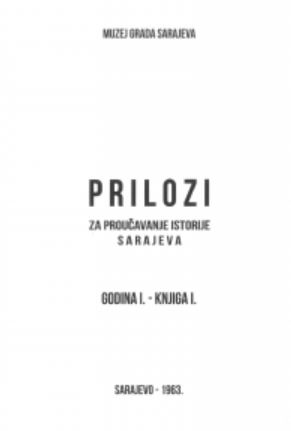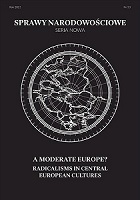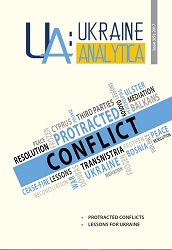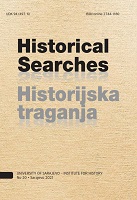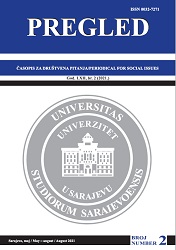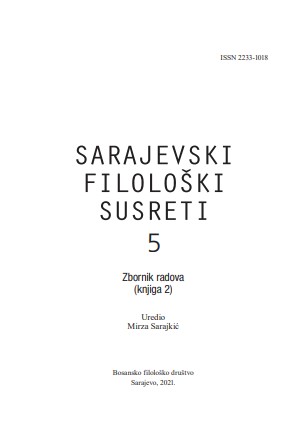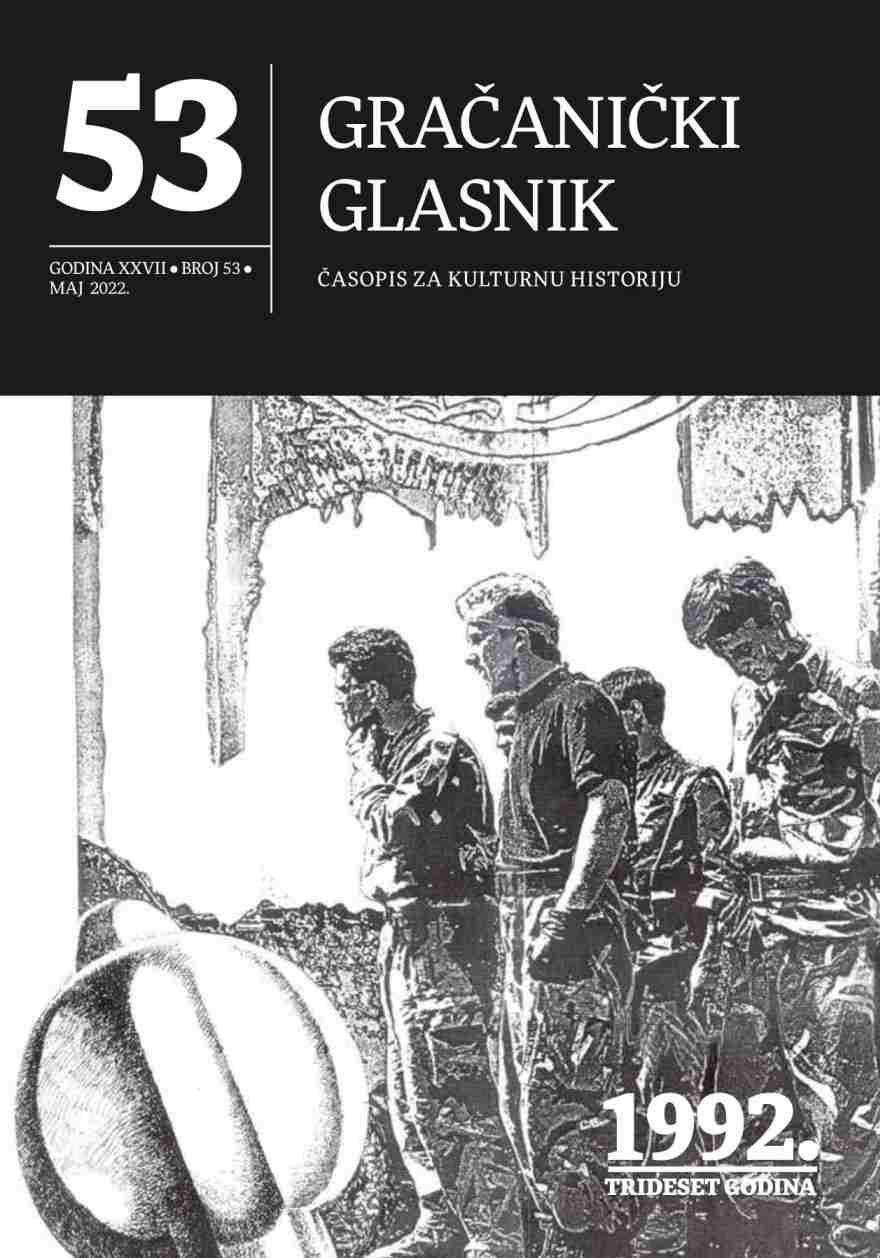Author(s): Muhidin Pelesić / Language(s): English
Issue: 20/2021
“Legende i ideološka iskrivljenja”, unutar raspada jugoslavenske države (SFRJ) i raspada jugoslavenske historiografije bile su kreacija profesionalnih historičara, a ne amatera (koji su ih po inerciji slijedili). Veliki broj srpskih historičara koji su u tome učestvovali imali su zlokobnu ulogu u kreiranju i servisiranju ideoloških i političkih ciljeva posljednjeg velikosrpskog pokušaja osvajanja Bosne i Hercegovine. Pretežni dio esnafa srpskih historičara učestvovao je i suučestvovao u poslu podržavanja agresije na Bosnu i Hercegovinu. Manji dio profesionalnih srpskih historičara koji se usprotivio zloupotrebi historijske nauke, bio je izoliran u svojevrsna “intelektualna geta” ili prinuđen da emigrira u inostranstvo. Slijed proteklih događaja pokazuje nepoznavanje i svjesno iskrivljavanje povijesti Bosne i Hercegovine od strane većine srpskih historičara (u ovom radu spomenuta je tek nekolicina takvih), uz odsustvo njihove želje i deficit intelektualnih mogućnosti da je, zaista, upoznaju. Oni su se opredijelili za manipulaciju kao metod i sredstvo za prikrivanje povijesne istine u cilju ostvarenja, kako se to obično imenuje, velikosrpskog državnog koncepta. Takav stav, sada već jasno formulirane, velikosrpske historiografije uvjetovao je konstantu potcjenjivanja drugih naroda Bosne i Hercegovine uz, istovremeno, svjesno raspirivanje i održavanje destruktivne energije srpske mitomanije i grandomanije. To je, u završnici raspada SFRJ, i agresiji na Bosnu i Hercegovinu, značajno doprinijelo genocidu nad Bošnjacima i Hrvatima, izvršenom u velikosrpskoj režiji. Ideološka eliminacija, zaogrnuta u togu pseudoznanstvenih parametara velikosrpske historiografije, sračunato je prethodila fizičkoj eliminaciji Bošnjaka i Hrvata u velikosrpskom genocidu. Kao da je sve znanje, koje su velikosrpski historičari usput sabrali, služilo isključivo za regrutiranje dovoljnog broja ubijeđenih pristalica za izvršenje zločina nad, unaprijed označenim, “neprijateljem”. Prema gledištu srpskih historičara, bespogovorno odanih velikosrpskoj ideji, dosadašnja faza “rešavanja srpskog nacionalnog pitanja” usmjerena je planiranom strateškom cilju - formiranju “države svih Srba”. Mada je srpsko društvo žrtva pseudomorfoze, uz evidentne znakove raspada i propadanja cijelih dijelova njegove strukture, velikosrpski historičari istrajavaju u pokušajima “dokazivanja” da se, navodno, radilo о nacionalnom preporodu njihovog naroda. Perpetuiranje energije za održanje takve vrste mišljenja fatalno doprinosi daljem srozavanju cjeline srpske historiografije, ali uvjetuje i održanje dovoljnog intenziteta destruktivnih ideologija unutar srpskog društva. Posljedice takvog stanja osjećat ćе se još dugo u cijeloj regiji jugoistočne Evrope. Svakako da će među historičarima locirani ideolozi i propagatori veli- kosrpskog barbarizma (već nazvanog velikosrbizam) morati pokušati od- govoriti na pitanje jednog Srbina iz Beograda: “...zašto je naša nova istorija samo zbir nesreća, smrti, gluposti, prostaštva i diletantizma?” Odgovor treba tražiti i u njihovom prihvatanju stava Dobrice Ćosića: “Laž je u istoriji očuvala srpski narod taman toliko koliko i junaštvo.”
More...
